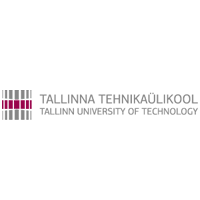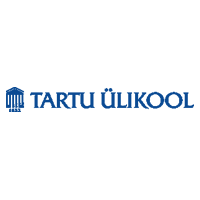Estonia, member of the European Union since May 2004, might be a small country, but it has the honor of being the first country in the world to use the Internet as a means to remotely cast votes in democratic elections. If you plan to study in Estonia, you will notice the Estonian creative way of using information technology as part of their daily lives as well as the astonishing combination between history and modernity, tradition and technology. In addition, the majority of higher education institutions offer study programs and courses taught in English and warmly welcome international students and researchers.
Estonia is situated in northeastern Europe, being the northernmost of the three Baltic States. The life- style of Estonians is directly linked to their character, the weather and different seasons. In winter Estonians tend to be more home- and work-centered, while summer is a time for active open-air activities and vacations in the countryside
As of 1 January 2012, in Estonia higher education institutions may conduct studies and issue recognized graduation documents only in study programs that belong to the study program group holding the corresponding right issued by the Government of the Republic.
Academic progress is measured in credit points (ainepunkt, or ECTS credit). The system of credits is a cumulative calculation of credit points based on a student's workload. 1.5 credit points correspond to 40 hours or one week of studies performed by a student. A credit point is not related to the lecturing or any other workload of a member of the academic staff. The normal workload of an average student during a full academic year would include forty weeks of studies and entail 60 ECTS credit points. Credit points are only awarded for successfully completed courses.
Study Engineering in Estonia
Estonia is well known for its eagerness in embracing technology driven innovation. It is a pioneer in electronic identity, electronic voting, and vigorous in adopting mobile technology, online banking and electronic government services. Estonia is also home to internationally successful IT innovations as well as a groundswell of IT ventures. The program will expose students to this exciting environment and provide them with skills in innovative and cutting-edge technology.
The Top-ranking universities provide a broad variety of courses and many are taught in English. Language classes at all levels are also available. The diplomas are recognized around the world. For more information about your academic options in Estonia or for detailed information on courses and scholarships from universities in Estonia, please reach us.

TALLINN UNIVERSITY OF TECHNOLOGY
Established in 1918, Tallinn University of Technology is the only technical university in Estonia. TUT, in the capital city of Tallinn, is the nation's leading academic institution in engineering, business, and public administration.

UNIVERSITY OF TARTU
The University of Tartu was founded in 1632 by the Swedish king Gustavus Adolphus. It was initially called Academia Dorpatensis. The necessary preparations for creating a university in Tartu (then Dorpat) were made by Johan Skytte, governor general of Livonia.
Academia Dorpatensis, modeled after the University of Uppsala in Sweden, was intended to pursue research and advance learning in a wide variety of disciplines. The University of Tartu (UT) has continued to adhere to this approach throughout the centuries, and remains today the only classical university in Estonia. Research at UT focuses on subjects as diverse as medicine and philosophy, genetics and computer science.



